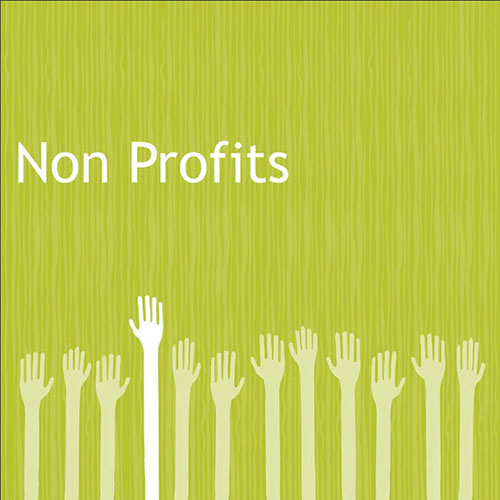Last term, I found myself sitting in the boardroom of the PSU Foundation and discussing how to get a crowdfunding campaign up and running for one of our upcoming titles. After getting through all the technical mumbo jumbo, I inquired about the part of the campaign when donors receive gifts, and therein lay a problem. I was informed that because Ooligan Press operates as a nonprofit organization, we’re extremely limited in how we’re allowed to reward our donors—so limited, in fact, that it could mean serious trouble if we were to reward a donation with any object with a monetary value over $10. And when I say “trouble,” I’m talking IRS-knocking-at-the-door, full-out-audit trouble. This means our idea of rewarding donors with music-related prizes like concert tickets, music lessons, vinyl records, and CDs was a big fat no-can-do. Even giving out our own books as prizes was off limits.
This revelation made me realize that we’re operating under a different set of rules here at Ooligan, and it begged a question: what exactly does “nonprofit” mean for what the press can and cannot do? Because my first experience with these nonprofit regulations was one that severely limited our plans, I naturally assumed that the nonprofit tag was nothing but a pain in the neck—a necessary evil that we had to deal with. After doing more research, I realized my assumption couldn’t be further from the truth. Except for a few legal hindrances, the nonprofit tag allows Ooligan to exist in a way that really sets us apart from other publishers. Sure, the generally small profit margins and the necessary dependence on grants and fundraising aren’t ideal, but when you counter those issues with the many great opportunities that being a nonprofit makes available to us, it quickly becomes more than worth it.
Because we don’t have to constantly dwell on finances here at Ooligan, we have the freedom to truly stick to our mission statement and publish the books that we want to publish. Whereas most publishers strive to find a happy medium between the books they want to produce and the books that will sell, we’re lucky to be able to gamble on the titles that really speak to us. All of this freedom is quintessential to what we represent and strive to achieve as Oolies when, if we’re being perfectly honest, it wouldn’t be possible for us to do what we do under any different set of circumstances.
Rather than working as a quasi-intern at a press where the decisions are made above our heads and we’re left to simply follow orders, at Ooligan, we’re in charge of the process from beginning to end. This situation works great for students as well as the press—which employs students as staffers for virtually no out-of-pocket cost—and we get to participate in almost every aspect of the book production process. This symbiotic relationship continues into the partnership between the press and the university itself. As our publisher, Abbey Gaterud, explained it to me, Ooligan is “a business working within a place that is not a business.” This means that while we need to focus on putting out quality materials that we can be proud of, the more logistical worries faced by typical for-profit publishers—like electricity, computers, and rent—fall into the larger operations of Portland State. This is an understandable load off our shoulders, and one that simply wouldn’t be possible if we weren’t a nonprofit press.
Many things make Ooligan Press stand out from other publishing houses around the country. Being this unique sometimes comes at a price, but one that we’re gladly willing to pay in order to keep doing things our own different and very special way.

